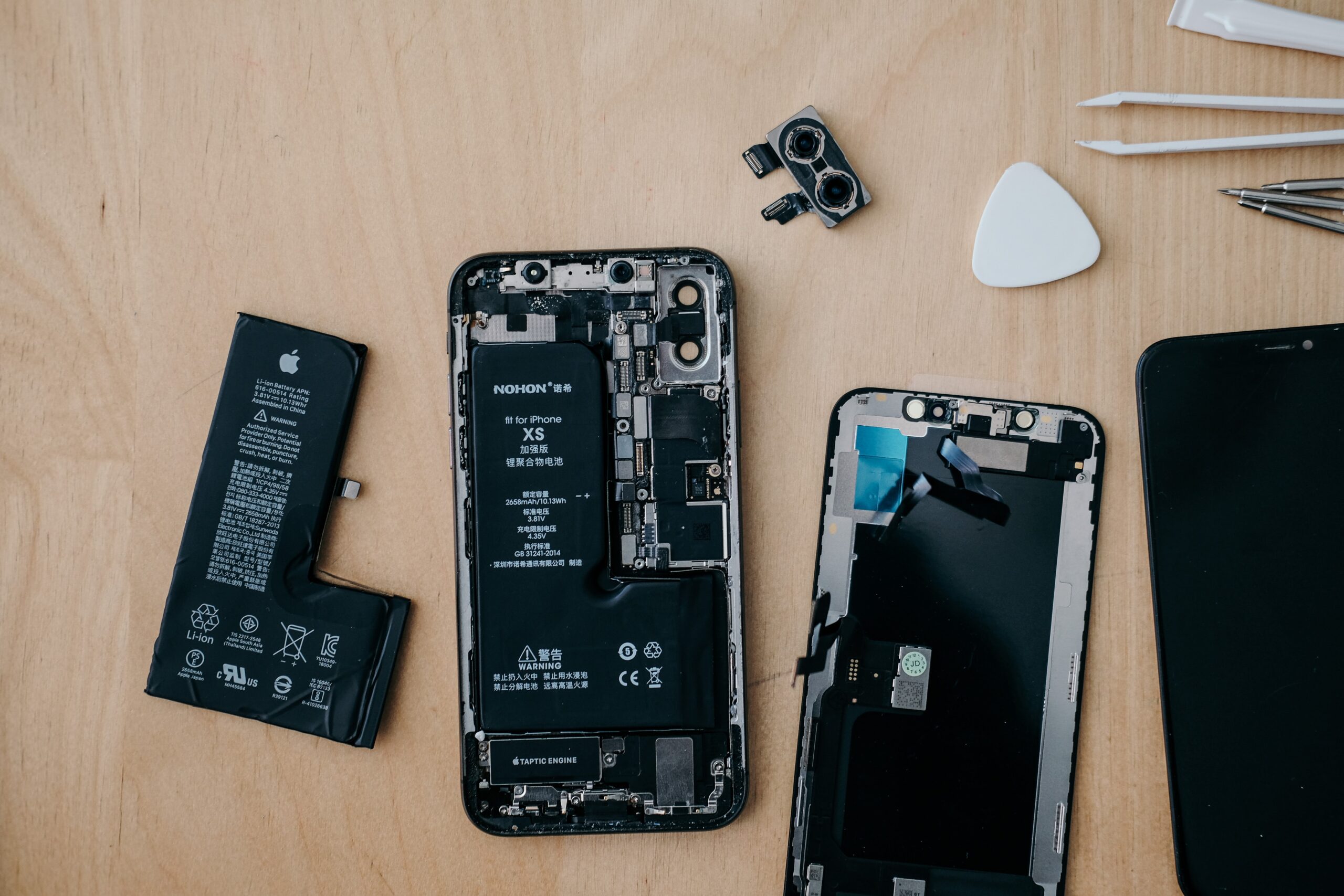U.S. set to follow Europe and U.K. by introducing legislation forcing manufacturers to give consumers more power to repair devices
The Federal Trade Commission has announced that it intends to force manufacturers to make their products “repair friendly.”
The FTC voted unanimously to adopt a new policy that gives them the power to investigate whether manufacturers are imposing device repair restrictions on their products. The wide-ranging policy covers everything from smartphones to laptops and kitchen appliances to tractors.
The bipartisan vote followed on from an executive order signed by Joe Biden, that directed the FTC to consider rules that would tackle – “unfair anti-competitive restrictions on third-party repair or self-repair of items.”
Up to now, manufacturers have been able to limit third-party repair of their equipment by restricting access to spare parts and repair information. They have also been accused of deliberately designing products that are difficult to repair.
Consumer advocacy groups have been lobbying for changes for some time. They have long argued that companies, including Deere & Co. and Apple, have made it too hard for consumers to get the necessary parts and information to get products repaired anywhere other than the companies’ own repair networks.
These concerns were backed by Lina Khan, the recently appointed chairwoman of the FTC, speaking at a virtual public meeting she said –
“These types of restrictions can significantly raise costs for consumers, stifle innovation, close off business opportunities for independent repair shops, create unnecessary electronic waste, and delay timely repairs.”
Unsurprisingly industry associations have hit back at the proposals. TechNet, a trade association that includes Apple amongst its members were heavily critical of the FTC decision, saying that it was unnecessary and would create risks for consumers.
In a statement, the senior vice president Carl Holshhouser said that consumers risked compromising their data by using unlicensed technicians, stating that – “Allowing unauthorized third parties with access to sensitive diagnostic information, software, tools, and parts would jeopardize the safety and security of consumers’ computers, tablets, and other devices and put them at risk for fraud and data theft.”
In response to the claims, the FTC said that a staff report on the repair industry had identified no such risks, stating that data was just as likely to be compromised in authorized repair centers as it was from independent repair stores.
The move was widely welcomed by the Repair Association, a coalition of consumer groups and repair companies. The group’s executive director said –
“The context historically is that we did no enforcement for at least 20 years while all of these manufacturers ran around doing incredibly anti-competitive things, and then doing more, and not being stopped. This is the first in my entire lifetime, and I’ve been in the tech industry since the 1970s, that the government has done anything.”
What can the FTC do?
The FTC can write the appropriate regulations, but these can take years to bring to fruition, and they will likely face numerous legal challenges along the way. It does have the power to bring lawsuits against companies it deems as using anti-competitive or unfair procedures.
Legislation may also follow, right-to-repair advocates are trying to push through a bill introduced by Rep. Joseph Morelle. If passed, this would require equipment manufacturers to make available – “Documentation, parts, and tools, inclusive of any updates to information or embedded software.”



